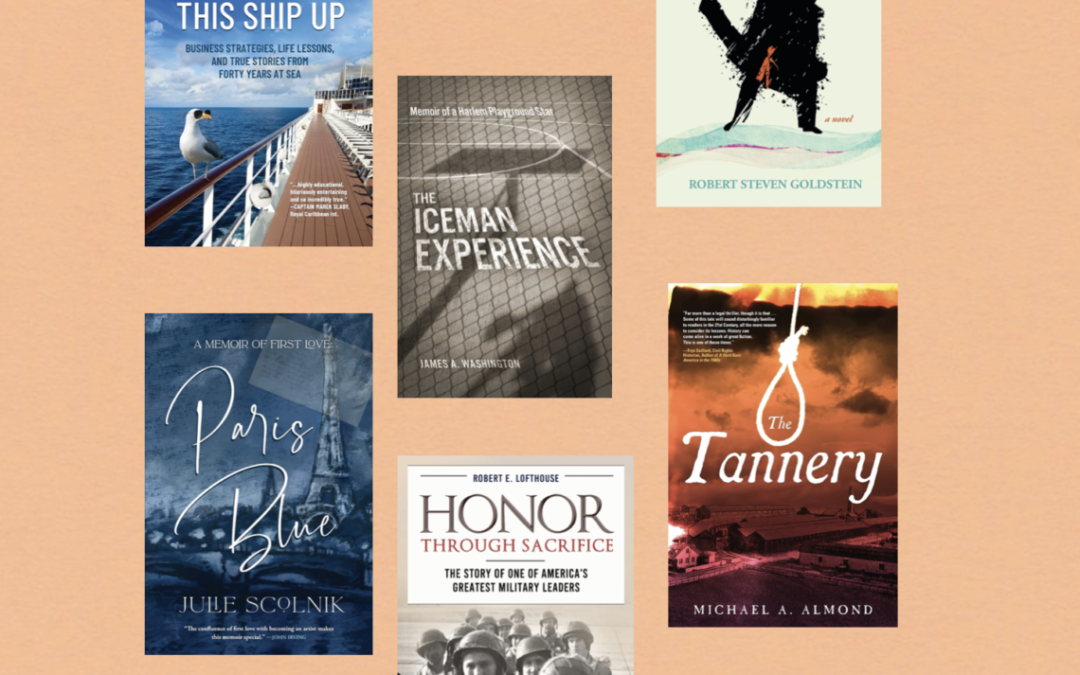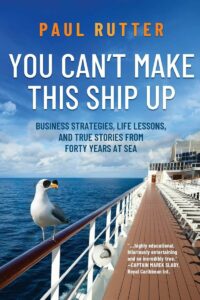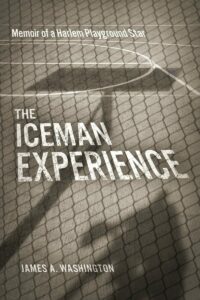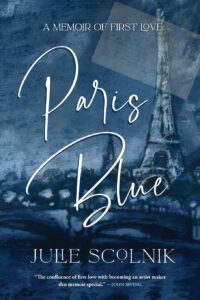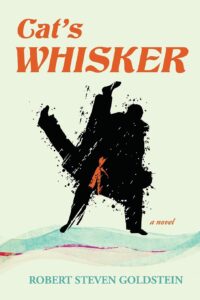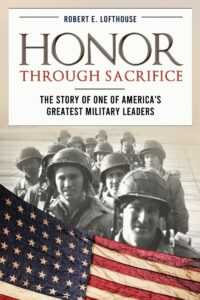How would you manage and grow your business if you had to live with your team and clients? Paul Rutter is a customer-experience expert and has survived three decades of life at sea as a cruise director for the largest ships in the world. In You Can’t Make This Ship Up, he recounts the hilarity
of life on the high seas and the lessons he learned along the way. These lessons and life-defining moments are the perfect guide for sea and land-based businesses to thrive in a culture based around exceptional customer service.
We went to the playgrounds to find our missing fathers. What we found was the game. It was the only game that mattered in Harlem.
In Harlem’s playgrounds we found our guardian sanctuaries, notoriety, and respect. Nothing could replace the alluring pull of high wired fences and asphalt parks. We drowned in the intoxication of a competitive game under the glistening sun amid frantic voices, iron rims, and steel backboards.
Everywhere else, basketball was a game. In Harlem it was a lifestyle.
PARIS, 1976: Twenty-year-old American student Julie Scolnik had just arrived in the City of Light to study the flute when, from across a sea of faces in the chorus of the Orchestre de Paris, she is drawn to Luc, a striking (married) French lawyer in the bass section. This moving tale of an ebullient young American and a reserved Frenchman will transport readers to the cafés, streets, and concert halls of Paris in the late seventies, and, spanning three decades, evolves from deep romance to sudden heartbreak, and finally to a lifelong quest for answers to release hidden, immutable grief.
Against a magical backdrop of Paris and classical music, Paris Blue is true fairy-tale memoir (with a dark underbelly) about the tenacious grip of first love.
Cat’s Whisker is the story of Samuel Baron, an engineer, inventor, and successful entrepreneur. Trained as a scientist, Baron nonetheless nurtures a lifelong fascination with mysticism and spirituality, investigating themes as varied and interesting as meditation, jiu-jitsu, biology, anthropology, tai chi, BDSM-and the search for the perfect cocktail. His life is a quest-ultimately a successful one-for a view of the cosmos where science and spirituality don’t just peacefully coexist but are instead intimately bound up as co-equal aspects of an integrated and inspiring reality.
“A man can fight if he can see daylight down the road somewhere,” President Lyndon Johnson told a senator in March 1965. “But there ain’t no daylight in Vietnam-there’s not a bit.” Even as he said that, he was committing the first US ground combat units and initiating a massive bombing campaign in North Vietnam. Unaware of President Johnson’s private misgivings about the conflict, Gordon Lippman dutifully entered Vietnam as the 3rd Brigade/1st Infantry Division executive officer in September of that year.
It didn’t take long for his fellow soldiers to figure out that Gordon Lippman was the man they wanted to follow into battle. Overcoming great challenges in the Army, he earned the Distinguished Service Cross and two battlefield commissions and became a hero among heroes. He focused on the mission at hand, rallied his troopers, led from the front, and dodged enemy bullets. A couple of times they hit home, but he came back to fight again! He was one of those studs to come out of small-town America and become a leading member of “The Greatest Generation.”
This is a sweeping story on the broad landscape of twentieth-century compromise, accommodation, and conflict, from the allied war in Europe to the forgotten victory in Korea to the televised dinnertime war in Vietnam.
“Far more than a legal thriller, though it is that . . . Some of this tale will sound disturbingly familiar to readers in the 21st Century, all the more reason to consider its lessons. History can come alive in a work of great fiction. This is one of those times.” -Frye Gaillard, Civil Rights Historian, Author of A Hard Rain: America in the 1960s July 5, 1900, Wilkes County, North Carolina: The beautiful young daughter of tannery owner Jakob Schumann is found dead on the north bank of the Yadkin River, brutally beaten, a skinning knife in her chest. Who killed Rachel Schumann? And why? Ambitious Wilkes prosecutor Vincent Taliaferro has arrested Virgil Wade, a mixed-race boy, and is convinced the case is open and shut. But local lawyer Ben Waterman is not so sure. Ben’s investigation uncovers evidence that undermines the prosecutor’s case and points in an entirely different direction. But can he prove it? Can he convince an all-White, all-male jury of Virgil’s innocence? The Tannery transports readers to the turbulent world of the post-Reconstruction South. Reflecting issues prominent in today’s headlines, themes of Black voter suppression and intimidation, the violence and depravity of vigilante “justice,” and the rise of Jim Crow drive the narrative to its dramatic and surprising conclusion.

